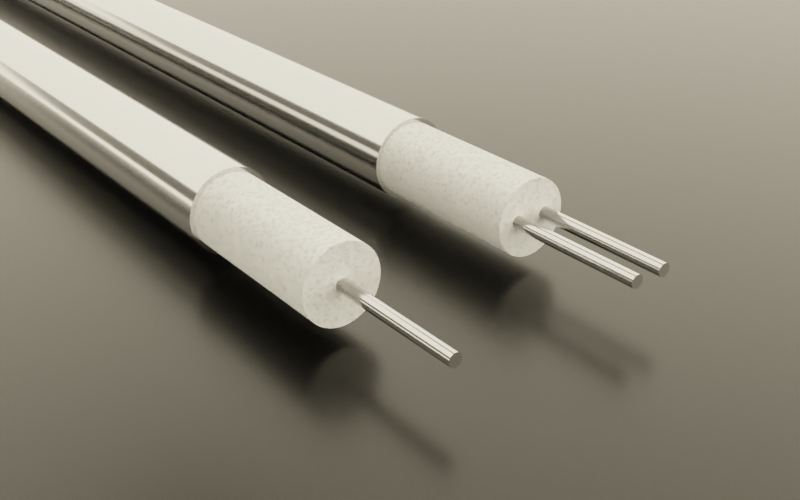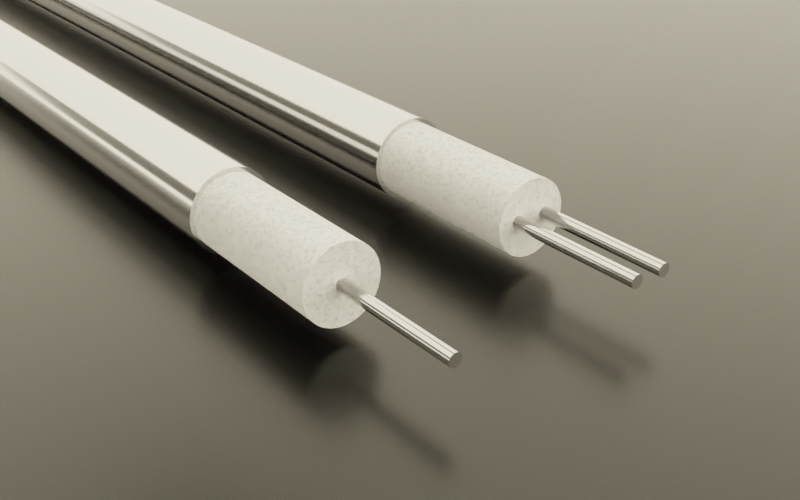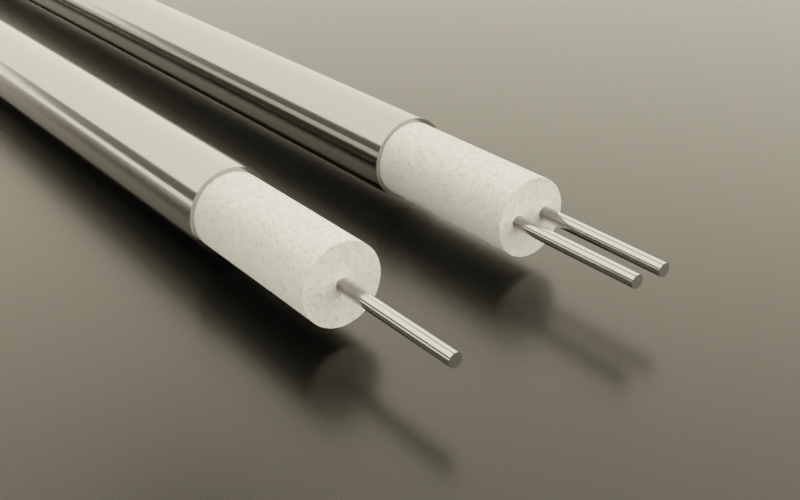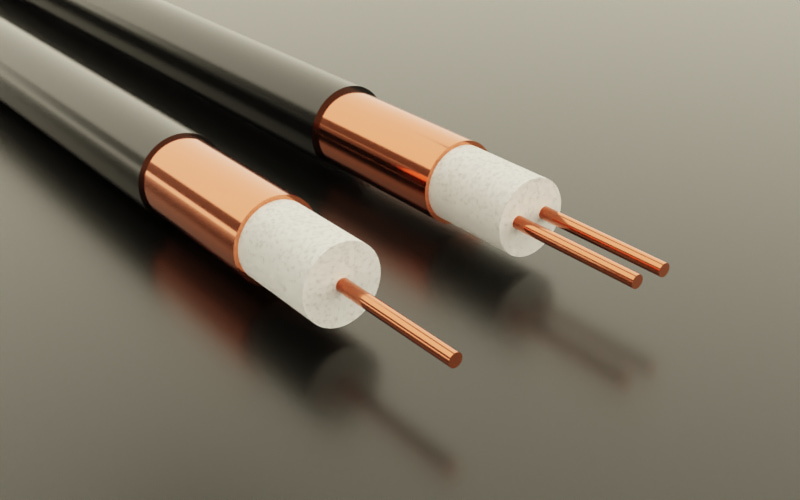Mineral Insulated Heating Cables (MSS)
MSS range of mineral insulated (MI) heating cables with stainless steel sheath has been developed to meet the specific need for a cable with high thermal capacity and electrical resistance values suitable for long circuit lengths.
To meet this requirement, we have combined a stainless steel sheath with heating conductors, allowing an operating temperature of 600°C with resistance values ranging from 2.1 Ω/km to 36,100 Ω/km per conductor.
An outer HDPE sheath must be used when the cable is applied in specific situations, such as corrosion resistance, burial, or snow melting applications.
Mineral insulated heating cables offer excellent mechanical strength and corrosion resistance.
The MSS heating cable is certified according to ATEX, IEC, IECEx, and CE standards, for use in both hazardous and non-hazardous areas.
Please contact us for any specific requirements.

The MSS series heating cables are designed for the most demanding industrial environments: their stainless steel sheath provides exceptional thermal resistance, high mechanical strength, and excellent corrosion resistance.
Technical specifications:
Maximum operating temperature | 600°C (1112°F) |
|---|---|
Minimum installation temperature | -40°C (-40°F) |
Power supply | Up to 600 V |
Cable dimensions | Refer to the technical datasheet |
Minimum bending radius | Refer to the technical datasheet |
Please contact us for any specific requirements.
With an operating temperature of up to 600°C and circuit lengths of up to 5 to 6 km, MSS mineral insulated cables are perfectly suited for frost protection of highly exposed piping, such as steam manifolds, as well as for maintaining the temperature of pipelines.
For corrosive environments, buried installations, or snow melting applications, an outer HDPE sheath can be added to ensure enhanced durability.
Les Câbles chauffants à isolation minérale (MSS) sont utilisés dans les secteurs suivants :
-Chimie & pétrochimie
-Constructeur de machines
-Installations industrielles extérieures
-Traitement thermique et métallurgie
-Infrastructure et déneigement
-Agroalimentaire
- Industries
Cette liste est non exhaustive.



